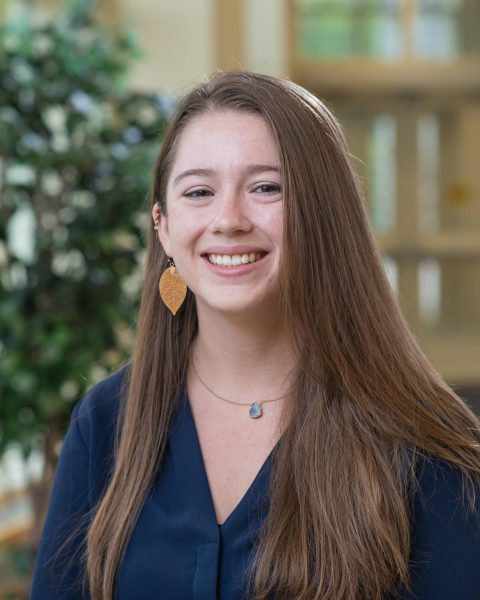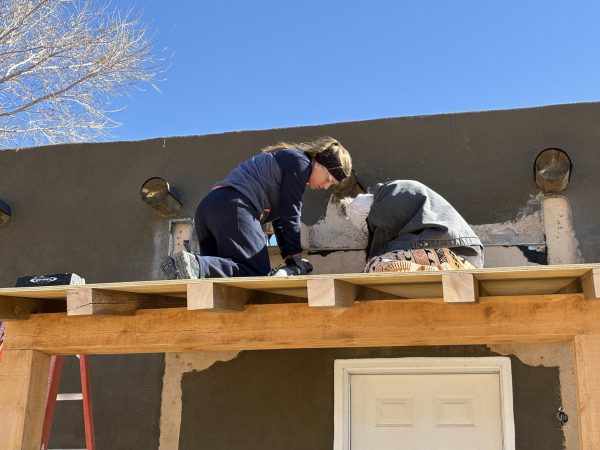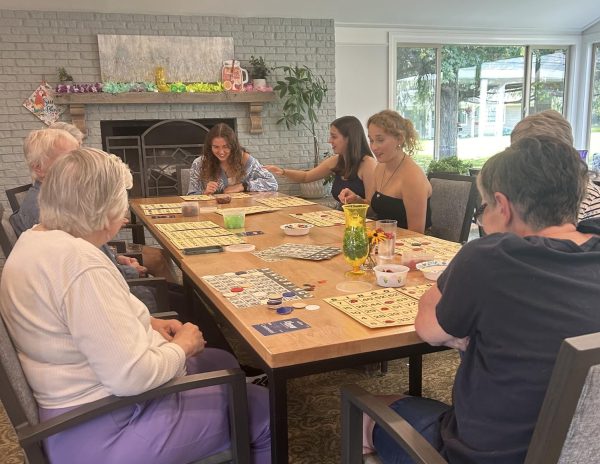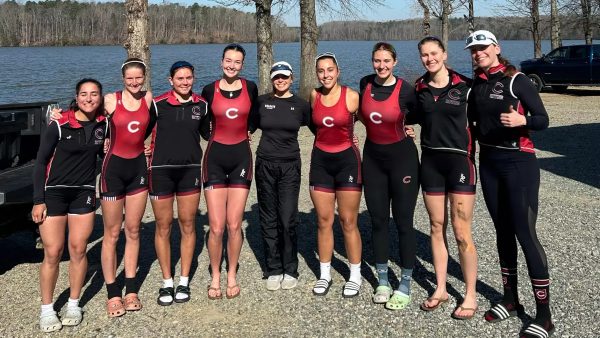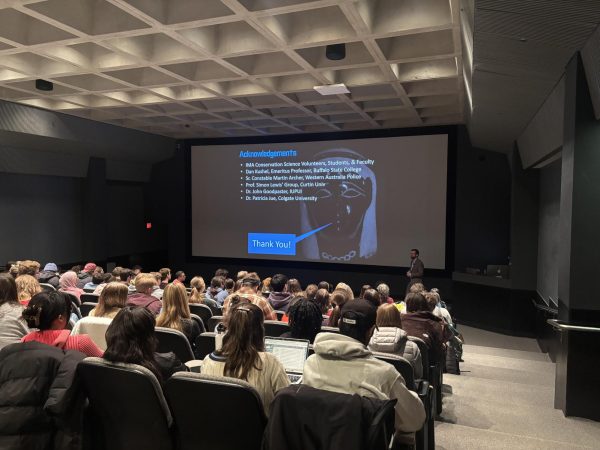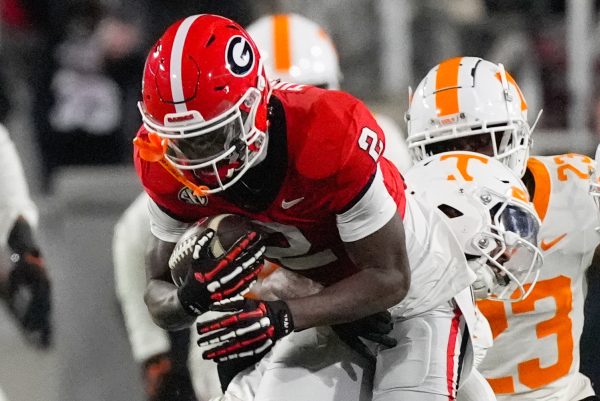Op-Ed: The Importance of Voting in Local Elections
I wake at 6:30 a.m. to my mother shaking me awake. It is a weekday in February 2018, and I am finishing my sixth month of ninth grade. My mom and I will start the day in the Chevy Chase Community Center. I am not going there for a community activity, like the dance lessons I go to annually — I am accompanying my mom, as I do once or twice a year, to the polling station set up there.
Since I could teeter on my two feet, I have accompanied my parents to churches, high schools and community centers in Chevy Chase, M.D., my hometown, as they cast their votes in local and regional elections. Whether these were county, midterm or presidential elections, my parents woke me each voting morning with the same enthusiasm and excitement.
When my mom and I reached the community center, around 15 people stood in line before us. Another five trickled in behind us. I stood silently as my mother chatted with other people in line to cast their votes, many of whom were volunteers for city council members. We were among the few unaffiliated residents who had appeared for the election.
This turnout was a stark juxtaposition to that in the same voting center for the 2016 presidential election. That year, at my mother’s side, I waited for nearly an hour, surrounded by hundreds of people eager to make their voices heard on who should take the most important office in the United States.
The 2018 county and local election, my mother assured me, was an opportunity to make our community better. This was important for the well-functioning of my neighborhood, my favorite park and my favorite community events. As my mom carefully filled out the bubbles with electors’ names, she told me about the policies of each candidate.
Local elections, as I first learned from my mother, from state governor to mayor, to school board to city council are equally, if not more important, than presidential ones.
Local elections tend to have low participation because voters don’t understand when local elections occur, what decisions the elected officials need to make and because some voters may think their vote doesn’t matter, according to The Harvard Political Review. Most local elections occur on dates other than national elections. Sometimes the local election might be in a different month or in an off-year, in between the midterm and presidential elections.
So why should you vote in non-election years? Local elections often affect school funding, educational curriculums, law enforcement, community safety, mask and vaccine mandates, minimum wage laws, marijuana laws, highway and road safety, bike paths and parks and other neighborhood or local regulations.
City council members propose and pass laws and ordinances and make decisions about how the budget should be allocated. If you live in a city with a mayor, the mayor appoints the police chief who in turn oversees the training, hiring and disciplining of police officers. Members of the Board of Education can work to get more funding or advocate for teachers’ and students’ safety during the COVID-19 pandemic.
In local elections, you can get directly involved by understanding the nuances of each candidates’ policies and getting to know them personally. You can attend candidate debates and town halls and ask candidates about their positions on issues that are meaningful to you.
In Montgomery County, M.D., residents are a part of the Montgomery County Council’s decision-making process. The Council is required to consider residents’ views received at public hearings, by mail, phone or in person. Though I have yet to attend one of these meetings myself, it is emblematic to me of the importance of each constituent’s voice in this process.
Your vote has more power locally than it does at the national level. Many local races in small townships, villages or cities, and even state races, are often decided by just a few votes. In 2016, a New Mexico state House seat was decided by two votes out of almost 14,000, as reported by NPR.
A 2017 Virginia House of Delegates race ended in a tie with more than 23,000 votes cast. According to an NPR article, the tie was broken by putting strips of paper each with a candidate’s name on it in film canisters, dropping the canisters in a bowl, and pulling one out, giving the Republicans control of the House by one seat.
One of the problems with local elections being held on different dates from the general or mid-term elections is the socio-economic disparity in voting. I would propose that, in order to increase turnout and to make local elections more representative of the population in the community, local elections should be held at the same time as national and state elections. Not everyone has the liberty or the time that my family had.
When I was in elementary school, one of my favorite moments each time I accompanied my parents to the polling stations was when a polling station volunteer dropped a little “I voted, yo voté” sticker into my hand with a smile as we left the building. I soon began looking forward to the day when I could wear it with full pride, having finally voted in an election. It did not matter that one was for a governor, one was for a city council member and one was for the president of the country. Each vote mattered in its own sphere — each brought me the same little sticker.
On the website Ballotpedia, you can fill in your address and you will see when local elections are coming up. If you click on the election day, there will be a list of ballot measures and candidates. The link will also give you information on each candidate who is running for office, and their policies and positions.



